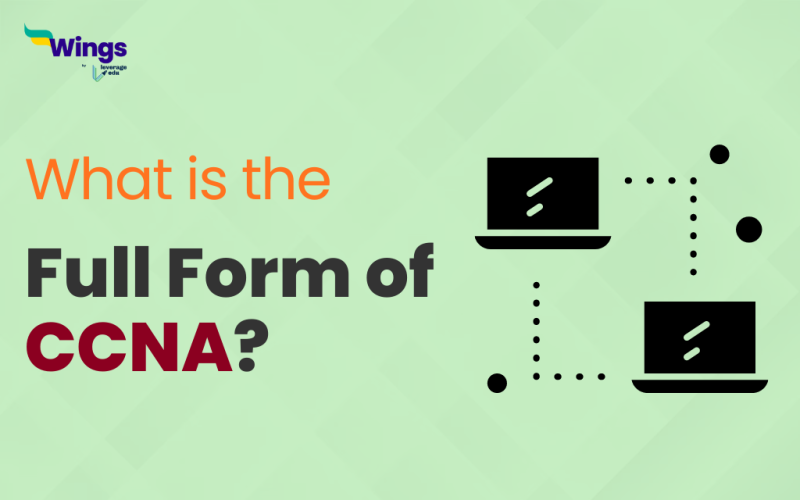The CCNA full form is the Comprehensive Climate and Air Quality Plan (CCAN). It is a strategic framework designed to address the challenges associated with climate change and air pollution. This plan encompasses a wide range of measures and initiatives aimed at mitigating greenhouse gas emissions. While promoting sustainable practices. Also, safeguards air quality for the well-being of both humans and the environment.
Understanding the CCNA Plan
Table of Contents [show]
The CCAN plan is a comprehensive approach that recognizes the interconnectedness of climate change and air quality issues. By addressing both of these challenges simultaneously, the plan aims to achieve multiple benefits. Similarly, create a healthier and more sustainable future. The plan focuses on various sectors such as energy, transportation, industry, agriculture, and waste management to effectively reduce emissions and improve air quality.
Key Objectives of the CCNA Plan
The CCAN plan sets forth several key objectives to guide its implementation:
1. Greenhouse Gas Reduction: The plan aims to significantly reduce greenhouse gas emissions across sectors. While contributing to global efforts to combat climate change. It promotes the transition to cleaner and renewable energy sources, energy efficiency, and the adoption of sustainable practices.
2. Air Quality Improvement: CCAN seeks to improve air quality by reducing pollutants. Such pollutants have adverse effects on human health and the environment. It promotes the implementation of stricter emission standards, the adoption of cleaner technologies, and the promotion of sustainable transportation options.
3. Adaptation and Resilience: The CCAN plan recognizes the need to adapt to the changing climate. Meanwhile, build resilience against its impacts. It focuses on strategies to enhance climate resilience in vulnerable communities. As well as protect natural resources, and integrate climate considerations into infrastructure planning.
Implementation and Collaboration
The successful implementation of the CCAN plan requires collaboration among various stakeholders, including governments, businesses, civil society organizations, and communities. It calls for the establishment of partnerships. Along with sharing of best practices.The mobilization of resources to support the transition to a low-carbon and sustainable economy.
Also Read: What Makes Climate Crisis Classes So Important?
Monitoring and Evaluation
To ensure the effectiveness of the CCAN plan, a robust monitoring and evaluation framework is essential. Regular assessment of progress allows for course corrections and the identification of successful strategies that can be scaled up. The plan emphasizes the importance of data collection, reporting, and transparency to track performance and maintain accountability.
For more information, visit our General Knowledge section and learn about various short forms like this.
 One app for all your study abroad needs
One app for all your study abroad needs















 45,000+ students trusted us with their dreams. Take the first step today!
45,000+ students trusted us with their dreams. Take the first step today!
